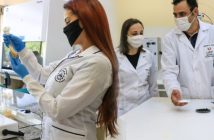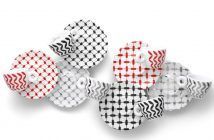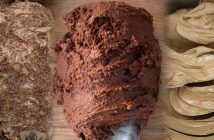The VacOne is already a hit in the US, it’s cheap, and it can also brew coffee in the traditional way
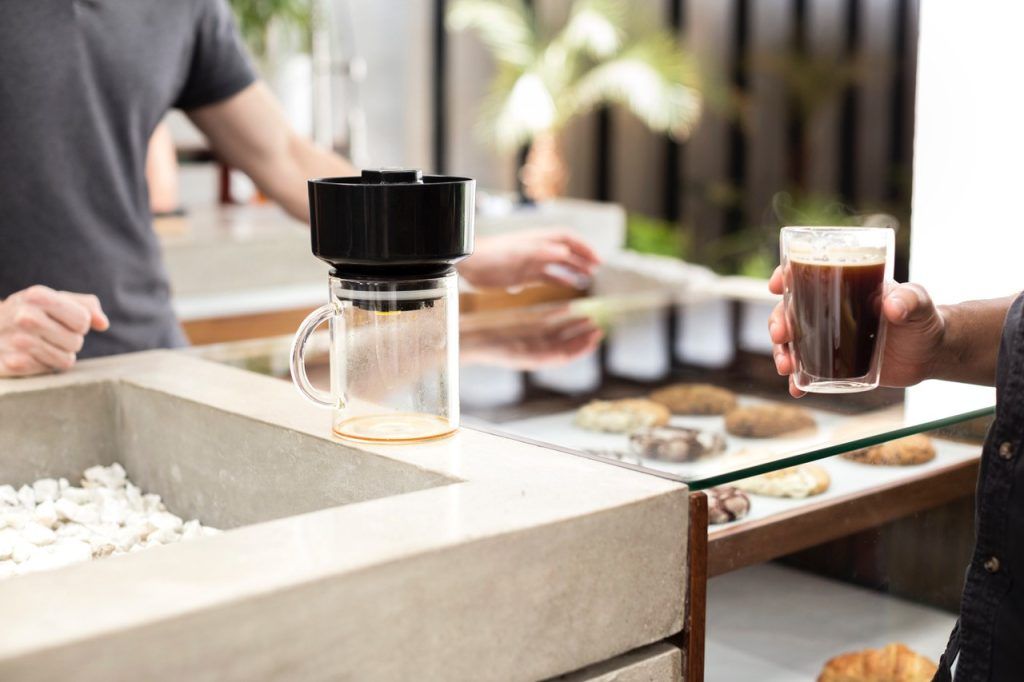
We are the largest coffee producers in the world, but, in general, we contribute little to the development of the market, when we talk about innovation, creation of new products or even trends. As a rule, the practice is to copy, right? The same is true for other coffee producing countries. Who creates the news are the consumer markets! But this time, the story is different. Two young men from Latin America, one of them born in Guatemala and the other in Bolivia, got to know each other thanks to the world of specialty coffee and discovered that they could turn this game around!
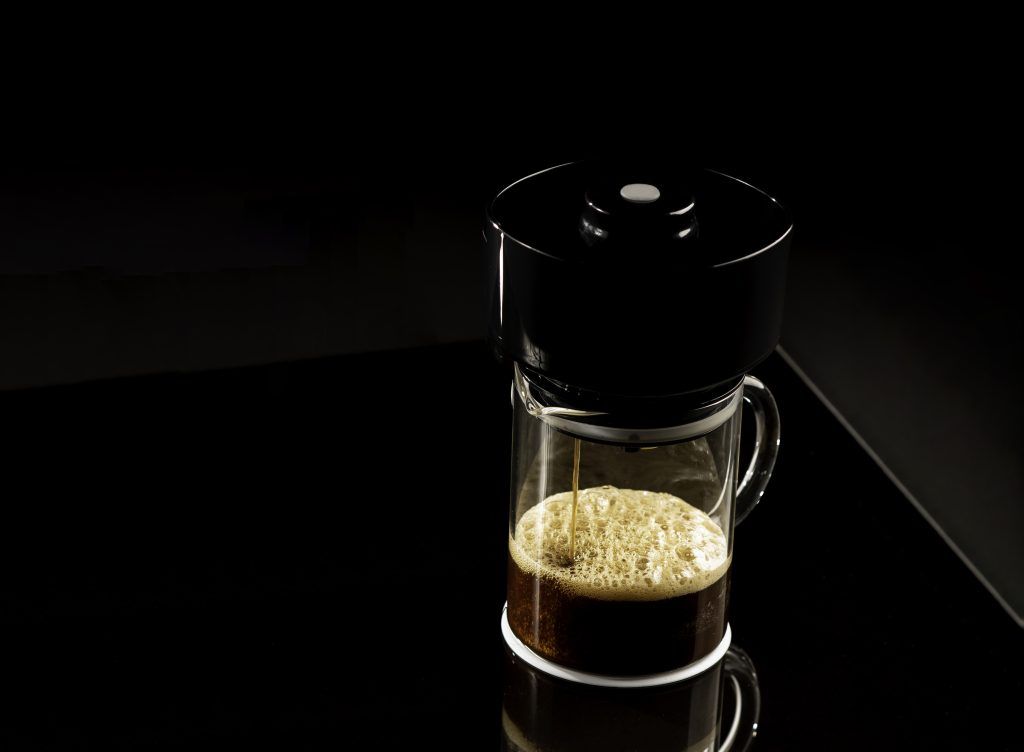
We are talking about Otto Becker, from Guatemala, and Eduardo Umaña, from Colombia, whose families are coffee producers in their countries of origin. Otto has a degree in industrial engineering and Eduardo has a degree in electrical engineering.
Eduardo has established the partnership, while Otto takes care of sales, distribution, and marketing. But let’s go back in history a little bit. Eduardo has been involved with coffee since he was a child. He loved to taste the different coffees produced by his family, especially by his grandfather, who insisted on teaching his grandson everything he knew about drinking. Eduardo grew up as an inventor and decided to create a coffee maker for his own use. As a nonprofessional coffee producer, he knew that the foam that ground coffee releases when it comes in contact with water is aesthetically beautiful, but bitter, which can interfere with the coffee’s flavor.
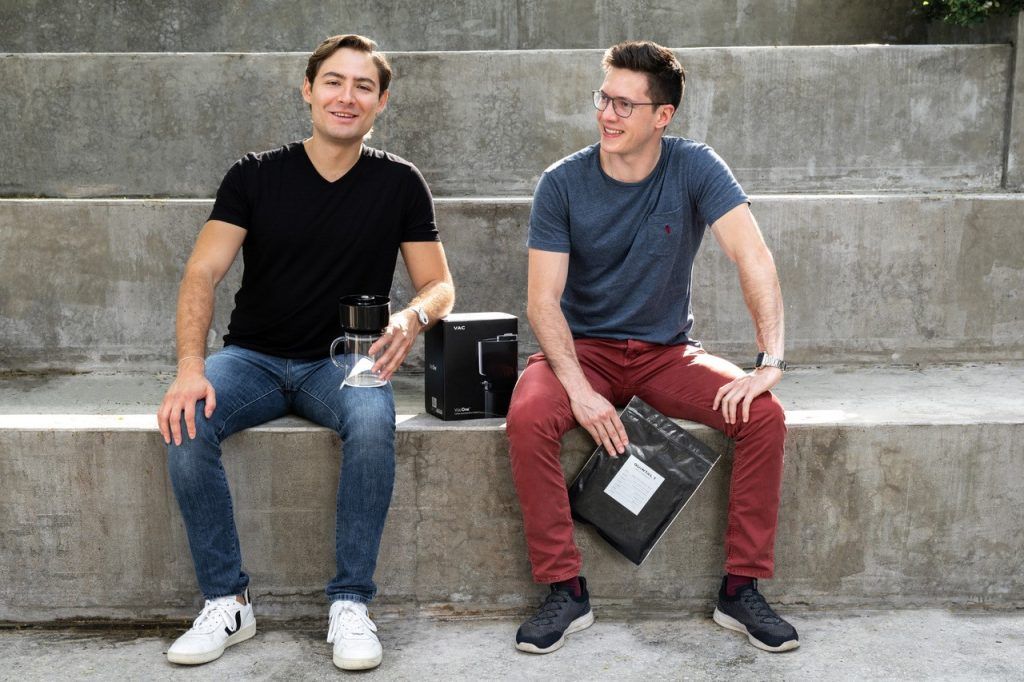
He researched for two years, created several prototypes, in an attempt to extract the bitter foam until he realized that a vacuum pump was efficient to separate the foam from the liquid, while accelerating the conventional process of preparing the cold brew, from hours to minutes, thanks to faster fermentation than other processes. That is how VacOne was born.
How VacOne works
“The first insight came while having a coffee in Bogotá, Colombia, with some coffee-loving friends. The foam or head that ground coffee releases when it is mixed with water is actually CO2, which is trapped during the roasting process. The foam has an unpleasant taste and can infuse undesirable flavors into the final cup, and that is why the foam released, which is the process of letting CO2 escape from the brew, is so important in making cold brew with traditional methods”, explained Eduardo in an interview conceded to Financial Times.
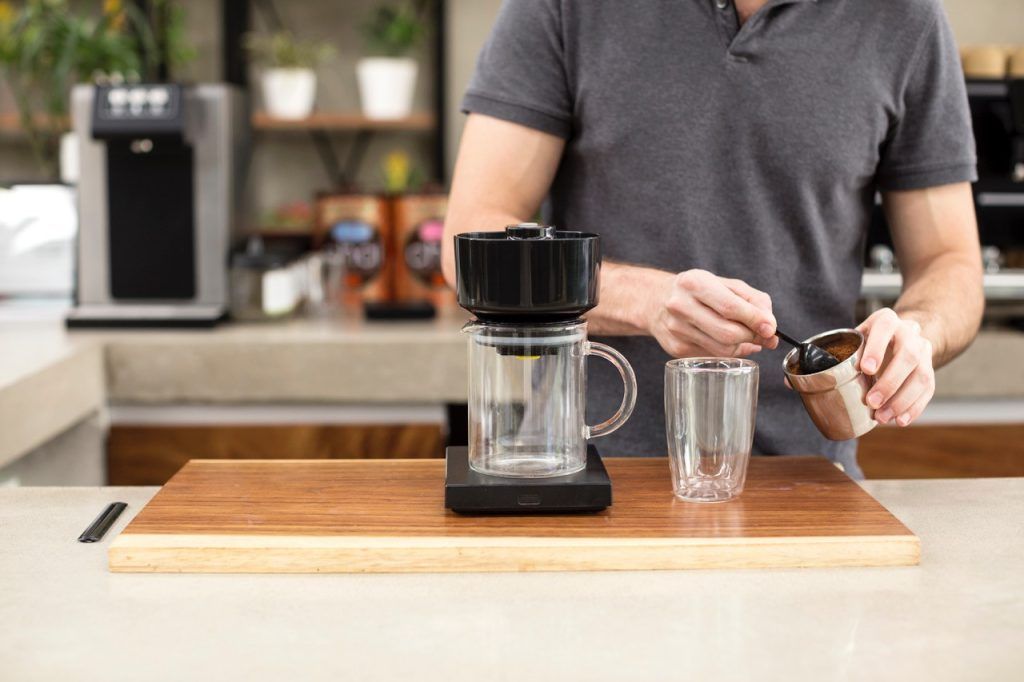
The result in the cup was excellent and Eduardo decided to invest in a commercial version of the coffee maker. “All the coffee makers had a water pump and a simpler brewing principle. Air brew separates the foam from the final cup and applies a little bit of pressure to extract the best coffee. The new method also has other benefits: it’s fast, it allows for brewing parameters such as grinding volume and time, which means you don’t need to be a professional coffee producer to brew a good cup of coffee, and it’s flexible, since it also makes cold brew in a really short time”, as Eduardo explains.
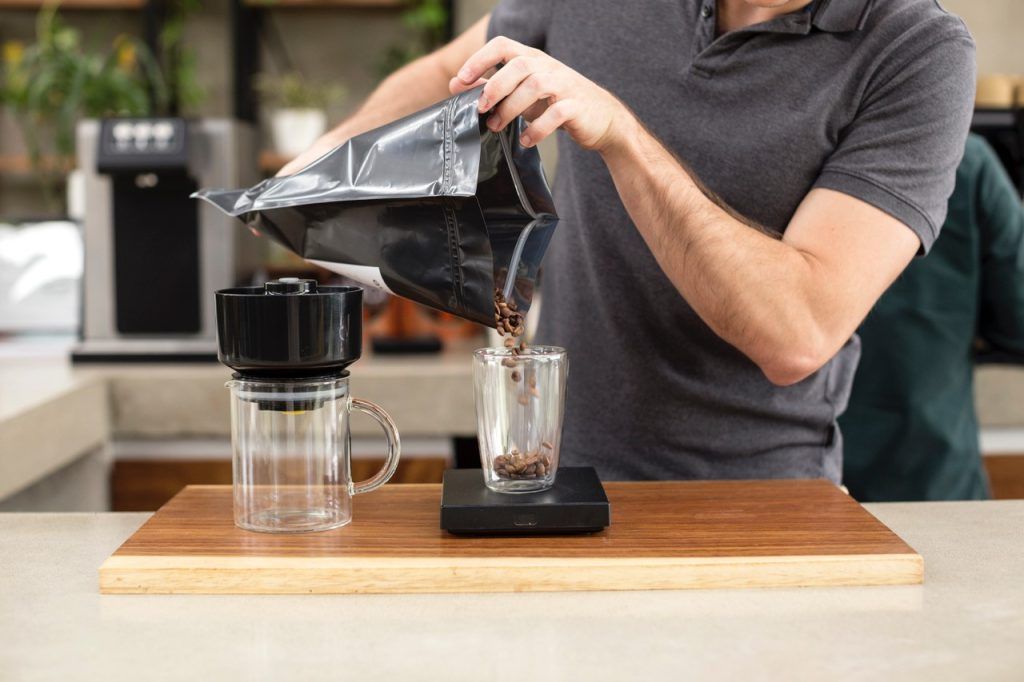
The partnership with Otto
The problem is that, as a scientist, Eduardo knew nothing about sales, logistics and marketing. Visiting some friends in Guatemala, he was introduced to Otto Becker, whose family owns three coffee farms: Finca Las Delícias, San Casimiro and Nueva. At that time, Otto was an executive at the multinational Henkel. Despite the projection and good salary, he was unhappy and dreamed about becoming an entrepreneur. “I thought to myself that I would rather die poor on the farm than get rich in the corporate world”, he confessed to us.
In Guatemala, a mutual friend of Otto and Eduardo had a VacOne at home and suggested that Otto cold brew with the coffees from one of his farms that he had brought to the meeting. Otto loved the result. “Imagine how fantastic it is, being able to do cold brew in minutes, not hours,” he recalls.
After trying out the VacOne, Otto realized its potential and wanted to meet the inventor. First by phone, then personally, still in Guatemala. From that meeting, their partnership finally emerged, and, two months later, Otto left his job at Henckel and flew to Miami, where the company VAC @vac.coffee is established.
Otto’s first step in the new venture was to change the name of the product that, at first, was called Frank One. After a survey found revealed that name was not very commercial. They changed to Vac and then to VacOne, whose brand is already legally protected. Then, they found a supplier in Taiwan to produce the coffee maker, which can brew coffee in three different ways: concentrated like an espresso, like a little cup of coffee and as cold brew prepared in just four minutes. And at an attractive price: just $89, cheaper than the average coffee machine found in US retail outlets.
VacOne is now also available in Spain, Czech Republic, Japan, Thailand, Singapore, South Korea, the Philippines, and Taiwan. The guys are looking for a representative in Brazil to market their product to consumers and coffee shops.
VacOne is eco-friendly, paperless, uses little electricity, and can make up to 200 cups before needing to be recharged again. It is ideal for use in small spaces and on campsites, since it does not need to be plugged in when operating. It can also be easily used in coffee shops. Entrepreneurs have already sold about 10,000 copies, most of them in the US.
Several coffee producers who work testing and tasting different coffees are already using VacOne to identify and highlight the different nuances of coffee, helping to recognize a better profile in the cup. Brewers are also trying out beer recipes without having to wait for 24 hours before knowing if their recipes taste the way they want.
In addition to VacOne, they have just launched a monthly coffee subscription service, Quintal Coffee, which is currently only available for the US market. The idea is to offer coffees with a rating equal to or greater than 90 points for the Cup of Excellence, roasted directly at the source by an expert. Roasting master Raul Rodas, coffee producer world champion in 2012, was responsible for the first edition of the coffees.
Having deep knowledge coffee producing markets, Eduardo and Otto have everything to turn this unfair game around and start a new cycle. Let’s keep supporting them!

